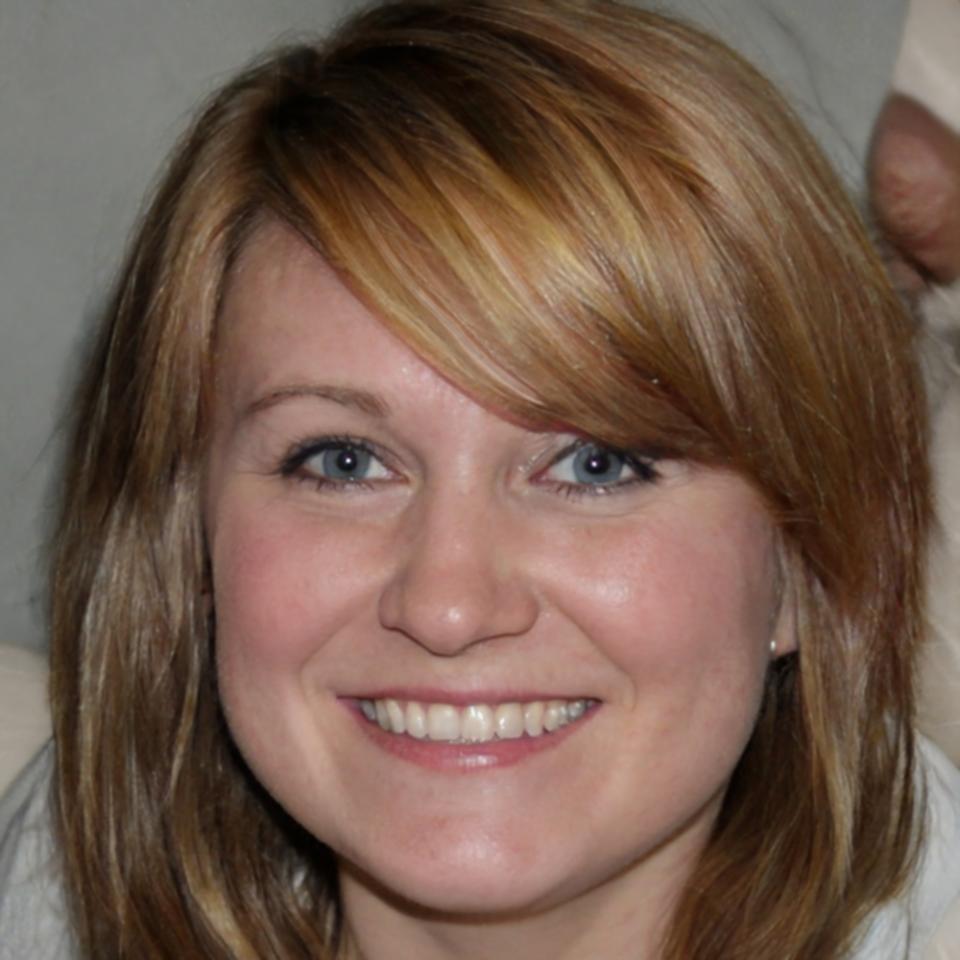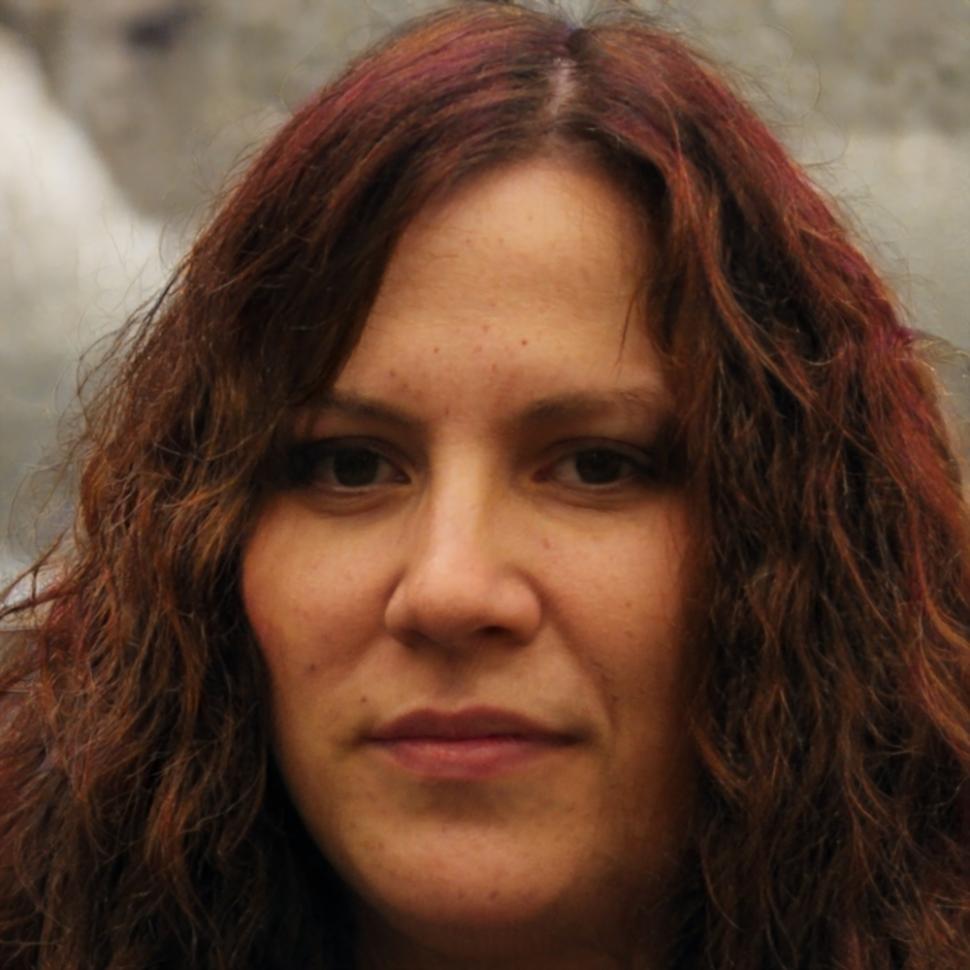Here's what we've learned after years of this
Most budgeting advice treats your spending like it's random. But there's usually a pattern—and once you spot your pattern, things get easier fast.
Your money tells a story
We spend the first two weeks just watching where money actually goes. Not judging it. Just watching. People are usually surprised by what they find.
Systems beat willpower
We don't teach restriction. We teach simple systems that make the right choice the easy choice. Because motivation fades—but a good system runs on autopilot.
Progress looks messy
Some weeks you'll nail it. Others you won't. That's normal. We focus on the trend line, not individual days. Real change happens slowly, then suddenly.


What actually happens in the program
Starting September 2025, we're running another cohort. It's twelve weeks, mostly asynchronous with optional live sessions on Thursday evenings.
You'll work through your own finances—not hypothetical examples. We provide the framework, you bring your actual bank statements and spending habits.
- Week-by-week modules you can complete on your schedule
- Real tracking tools that connect to your actual accounts
- Small group check-ins where people share what's working
- Optional coaching for when you hit a wall
The twelve-week breakdown
Weeks 1-3: Understanding your baseline
You'll track everything without changing anything. Just observe. Most people discover patterns they never noticed—subscriptions they forgot about, spending triggers on certain days.
Weeks 4-7: Building your system
Now we create a budget that fits your actual life. Not some ideal version. We set up automation, create buffer zones for irregular expenses, and design decision rules for when you're tempted.
Weeks 8-10: Handling disruptions
Car breaks down. Friend's wedding. Unexpected medical bill. We practice adjusting your system without abandoning it. This is where most people quit traditional budgets—so we prepare for it.
Weeks 11-12: Making it stick
You'll refine your approach based on what actually worked. We help you build review habits so you stay on track after the program ends. The goal is independence, not dependence.


